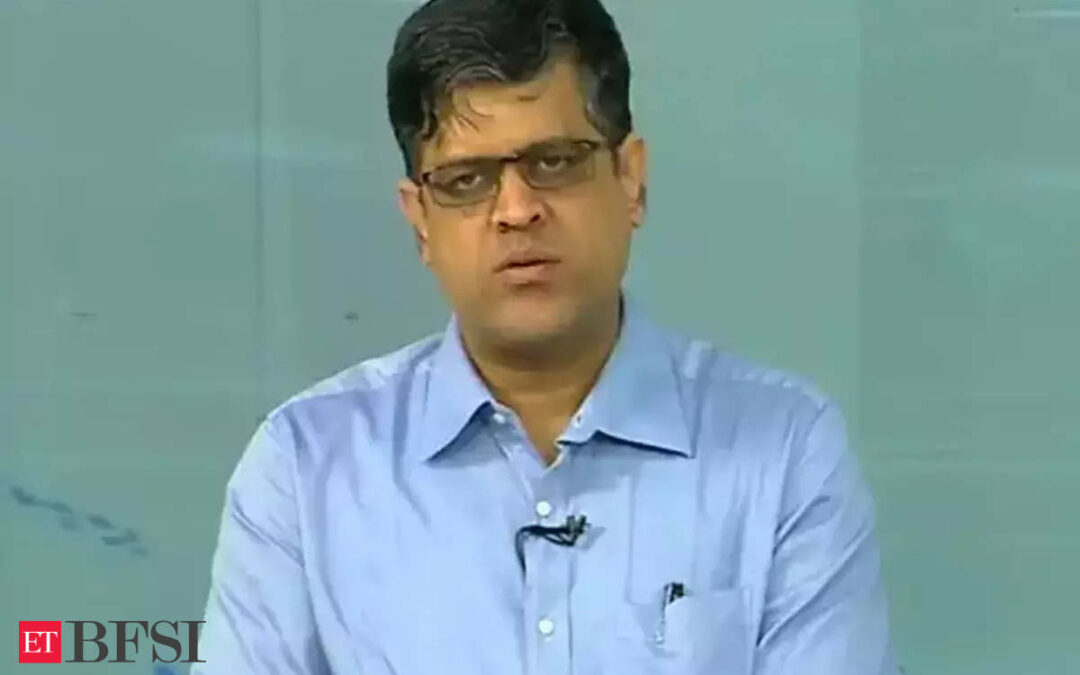Mahantesh Sabarad, Independent Market Expert, says “when it comes to the corporate revival that is happening right now, it is being led by the capex theme and whenever there is a capex theme that comes up, you most often find the public sector banks take a lead when it comes to doing corporate loans. So, the outlook is strong for most of the corporate banks or corporate lending banks, PSUs being one of them.”
Where do you see the OMCs headed from here on, given that IOC has not reported a great set of numbers now?
Mahantesh Sabarad: Oil prices as a factor is affecting most of these oil companies. In the recent past, we have seen there was a jump in oil prices, crude oil prices, so the refining margins I would guess looking at the result right now would have definitely been compressed. As it is, the refining margins for the last one odd year, particularly for the public sector oil marketing companies has been pretty low. Coupled with the fact that you do not have much in terms of offtake volumes, the offtake volumes have started just recovering now. There was this post-Covid overhang in the offtake volumes. But the overall sense seems to suggest that the profitability is taking a hit from high crude prices. You have refining margins compressed and you have pretty low throughput coming in.
I do not know if you caught my colleague over there but one has seen that play out with some of the life insurance stocks as well, which have clearly been out of favour for almost two years.
Mahantesh Sabarad: Yes, the stock listing post of LIC was something which really spooked the market as far as the entire insurance sector was concerned. Not just that, what really happened for the insurance companies is that over a period of time, the Covid-linked claim ratios temporarily went up, affecting a lot of these life insurance companies and then you had interest rates in the interim actually rising. Fortunately, for the past year, interest rates have been quite stable and the outlook assumes that we will have lower interest rates. So that should drive the positive cycle as far as insurance companies are concerned. At the end of the day, when we compute the insurance valuations based on the embedded value, very often the poor performance, the starting point of an embedded value is what is your current net worth for the company and that net worth very often is determined by what the profitability has been in the recent past. So, there is still time for that net worth to start shoring up before the embedded values in the entire computation start showing an uptick and therefore the valuations move up.
Until then, I will remain a little more cautious and the current news that you talked of in terms of the surrender value going up could be a move that could really jeopardize the profitability of the companies and the very fact that I was talking about in terms of net worth positions of many of the insurance companies. So right now, I would be a little cautious on the sector and wait for further developments there.
If you look at the contribution, it has been mainly from PSU banking names more than the private sector banks. Is that where the profit pool lies now going ahead? If you have to bet on the banking space, should it be the likes of a Bank of Baroda or PNB or SBI rather than an HDFC Bank or Kotak Mahindra Bank or Axis?
Mahantesh Sabarad: I would tend to agree with that because when it comes to the corporate revival that is happening right now, it is being led by the capex theme and whenever there is a capex theme that comes up, you most often find the public sector banks take a lead when it comes to doing corporate loans. So, the outlook is strong for most of the corporate banks or corporate lending banks, PSUs being one of them.
As far as private sector banks are concerned, they are highly reliant on consumer loans and personal loans or consumer related kind of loans and there, there is a bit of a problem that is coming up. As far as the results are concerned, one of the chief worry that I have of most of the private banks is that the asset quality being now touching very low levels, they would be now looking at excess provisioning or accelerated provisioning or special provisionings to keep their balance sheet healthy for the oncoming next wave of NPAs.
That being so, this cleanup action that has happened in the past will start reversing and will not be favourable for many of the private sector banks. Public sector banks are better placed relative to the private sector banks simply because the corporate lending theme would mean that they will have more income coming in, buttressing their overall net position, warning of any NPA presence. They will not require much provisioning as of now. When I say as of now, I mean the coming year.









